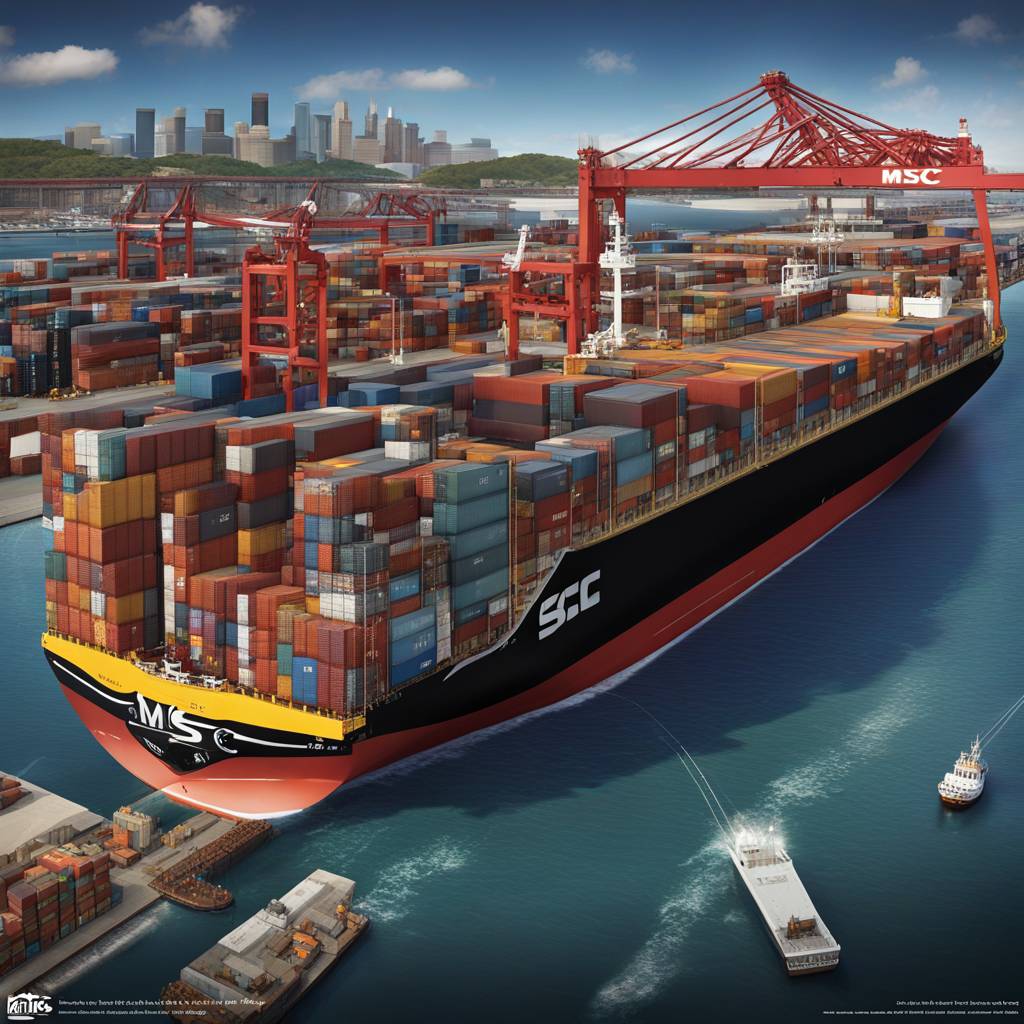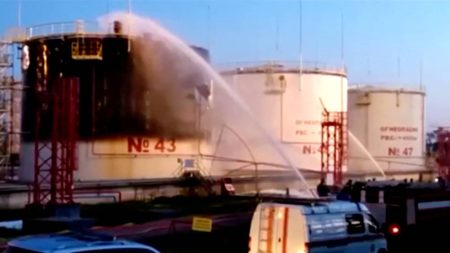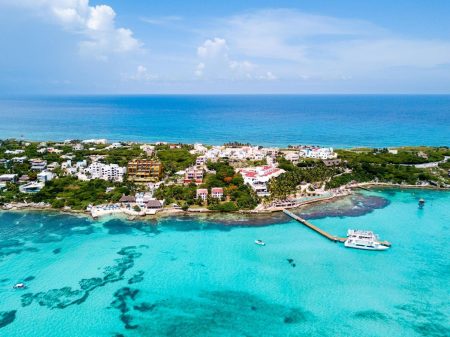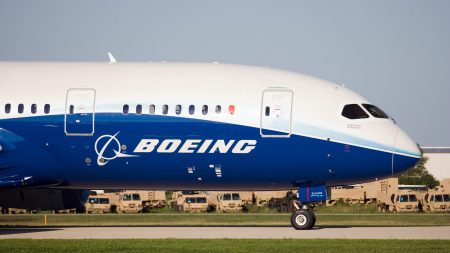MSC, the largest ocean carrier in the world, has decided to terminate the delivery of diverted containers outside of the Port of Baltimore as a result of a container ship accident near the port that led to a tragic bridge collapse. The Baltimore port is indefinitely closed, leaving the responsibility of cargo pick up and transportation to the shipper. MSC announced in an email to customers that cargo will be rerouted to an alternate port and discharged there for pick-up, with costs for storage, D&Ds, and on-carriage to the final destination being the responsibility of the shipper. Other carriers such as CMA CGM, COSCO, and Evergreen have made similar moves due to the circumstances, some declaring “force majeure.”
Maersk, on the other hand, has committed to providing transport for customers from diverted ports. The Dali, a 10,000-container capacity ship that was involved in the accident, was chartered by Maersk. Logistics companies have been working diligently to make alternate transport plans in the wake of the accident, as well as to keep up with carrier diversions. The Port of Baltimore, a major port in the US, handles a variety of goods including auto/light truck and agriculture tractor imports and exports, clothing, household goods, electronics, and appliances among others. Despite the challenges posed by the accident, major ports and transport companies along the East Coast have expressed readiness to meet the increased cargo needs.
Concerns have been raised by logistics executives regarding the timely updating of vessel transits by ocean carriers, which impacts their ability to plan for customer container pick-ups at diverted ports. MSC has issued a list of 23 vessels arriving at various ports between March 28 and April 29, with some headed to the Port of New York/New Jersey, Norfolk, and Philadelphia, among others. Transportation Secretary Pete Buttigieg recently met with supply chain professionals, ocean carriers, railroads, and ports to discuss the crisis and potential mitigation strategies. The meeting included representatives from companies such as John Deere, Home Depot, Under Armour, and Volkswagen, as well as various ports along the East Coast.
National Economic Advisor Lael Brainard emphasized the importance of increased coordination across the supply chain and efforts to strengthen physical and digital infrastructure to mitigate supply chain disruptions. The recent DOT FLOW initiative was highlighted as a key factor in bringing together various agencies to address potential impacts on the supply chain. Paul Brashier, vice president of drayage and intermodal at ITS Logistics, pointed out that smaller companies without established relationships at diverted ports may face challenges in coordinating bookings. The timely retrieval of diverted containers is crucial to avoid incurring detention and demurrage fees once the free time allocated to a container expires at a terminal.
The current situation following the container ship accident near the Port of Baltimore has led to disruptions in the flow of goods and challenges for shipping clients and logistics companies. While carriers like MSC have implemented contingency plans to reroute cargo and terminate delivery outside the port, efforts are being made to ensure timely pick-up and transport of diverted containers to their final destinations. The involvement of government agencies, supply chain professionals, and key stakeholders in discussions and initiatives to mitigate disruptions underscores the importance of collaboration and coordination in navigating challenges within the global supply chain system.















